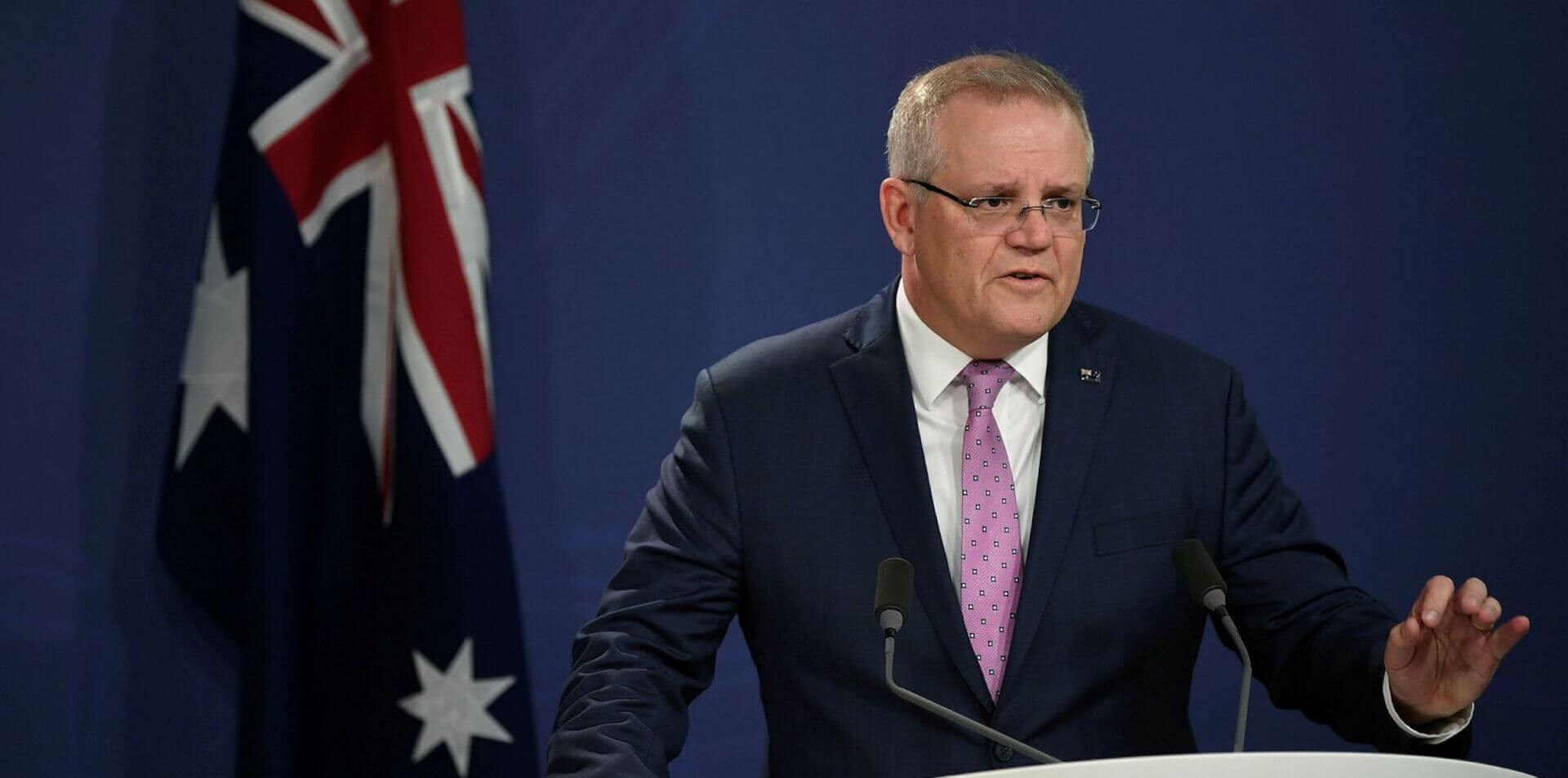Australian Prime Minister Scott Morrison appeared to baulk at the suggestion of following in the footsteps of the European Union (EU), China, Japan, South Korea, and the United Kingdom (UK) in adopting a net-zero emissions target for 2050 or 2060.
He said, “Australia will set our policies here. Our policies won’t be set in the United Kingdom, they won’t be set in Brussels, they won’t be set in any part of the world other than here.” He underlined that Australia’s climate targets would be purely “sovereign decisions” and not be influenced by external actors. He clarified that any climate strategies cannot “come at the cost of higher prices for the daily things that our citizens depend on” or at the “cost of jobs”.
Major Australian exporters and the agriculture industry appear to favor a policy of carbon neutrality over net-zero emissions, which would still allow for carbon emissions so long as they are being offset through renewable sources of energy. They argue that this would guard against the prospective imposition of tariffs by international trade partners. The threat of tariffs is particularly acute, given that 60% of Australia’s bilateral trade is with countries who have set net-zero targets for 2050, and this percentage is only expected to rise in the near future, especially if Joe Biden wins the upcoming US presidential election.
There does appear to be some pushback from local politicians, however. For instance, New South Wales (NSW) Energy and Environment Minister Matt Kean has called on the Federal government to direct stimulus spending towards “doing everything we can to reduce the risk of dangerous climate change”. In fact, the Federal government’s strategy stands in opposition to that of Australia’s states and territories, which are all, at the very least, targeting carbon-neutrality.
The Morrison administration has said that it will meet the terms of the Paris Climate Accords at some point in the second half of this century, but has not set a target year. However, his government seems to be arguing that other signatories are not meeting their purported targets anyway, claiming that Australia had reduced carbon emissions by 14% since 2005, compared to just 1% for New Zealand and 0% for Canada. At the same time, the PM has pointed the finger at developing economies like India for allegedly not pulling their weight.
Australia’s economy is heavily dependent on the fossil fuel industry, with coal and natural gas accounting for over 25% of exports, or $110 billion per year. South Korea appeared to address this point without naming any countries in particular, when MP Soyoung Lee said that he hopes the country’s 2050 target, in spite of its heavy dependence on the “manufacturing industry and other high-carbon industry”, will encourage other fossil fuel-reliant countries to do the same.
The PM’s comments follow his conversation with UK PM Boris Johnson two days ago, during which Johnson urged Australia to set “ambitious targets” take “bold action” to hit net-zero carbon emissions. Like South Korea, the UK leader also asserted that “driving economic growth and reducing emissions can go hand-in-hand”.
PM Morrison Says Australia’s Climate Strategy and Targets Will be a “Sovereign Decision”
Scott Morrison says that despite multiple trade partners committing to net-zero carbon emissions by 2050 or 2060, Australia will not be bullied into doing the same.
October 29, 2020

IMAGE SOURCE: REUTERSAustralian Prime Minister Scott Morrison
